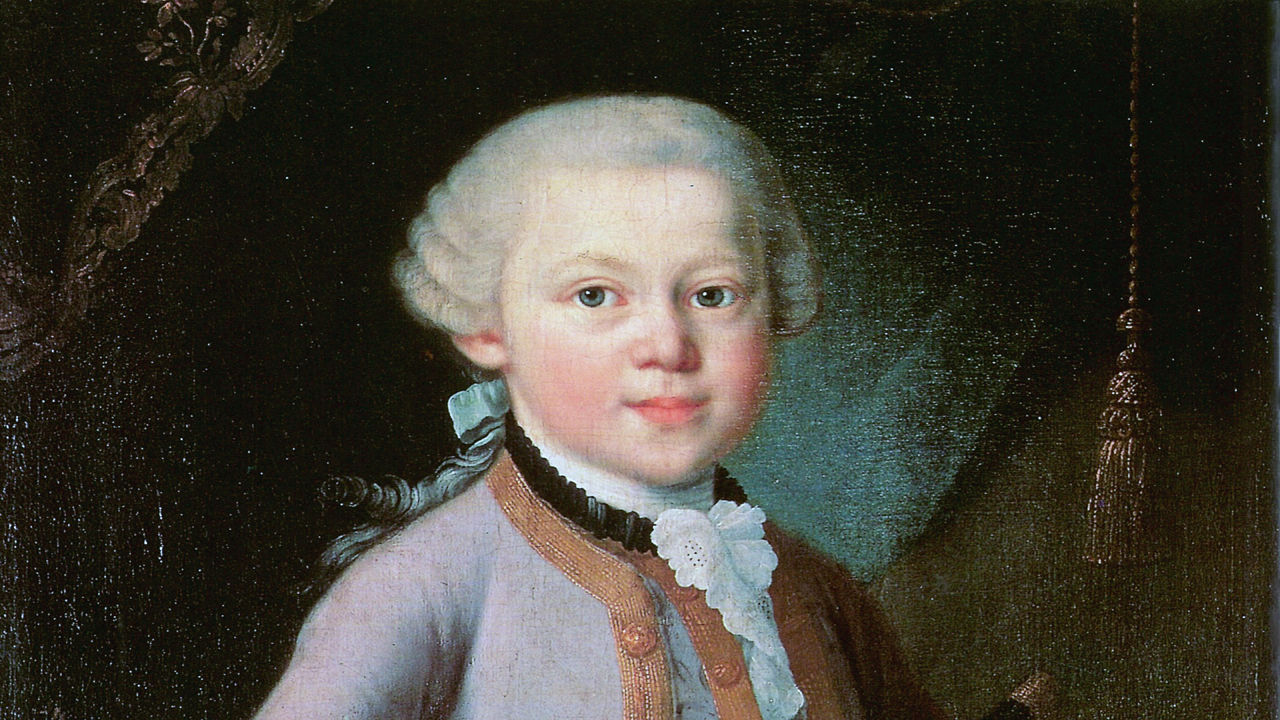Child Prodigies have ONE Extraordinary Skill in Common
2014.03.17

Mozart is probably the world's most well-known prodigy whom at 5-years old composed his first piece of music. Picasso finished his first painting at 9, and math genius William James Sidis entered Harvard at 11.
Child prodigies continue to impress the world, and for a long time, scientists had little insight into the nature of these talents. But over the past few years, psychologist Joanne Ruthsatz assembled what she calls the "largest sample" of prodigies on record - a list of more than 30 deep and growing geniuses - and found there was one factor that's consistently off the charts among prodigies regardless of their area of focus: A working memory.
"They all have exceptional memories," Ruthsatz told FastCo. "I think it's the piece that allows for their abilities."
For one recent study, Ruthsatz analyzed how 18 of her prodigies performed on the Stanford-Binet intelligence test. All had average or higher IQs compared with the general population. All had a heightened attention to detail, too. But their working memories--defined as not just the ability to remember something but the ability to hold and manipulate various pieces of information at a time--were extraordinary.Watch this 60 Minutes clip of Ruthsatz testing the memory of a young Jake. She and Jake stand in front of a map and Ruthsatz points out 28 states at random, over the course of a minute. She then hands the pointer to Jake, who proceeds to go back through the list in order.
More Articles
Copyright © Fooyoh.com All rights reserved.